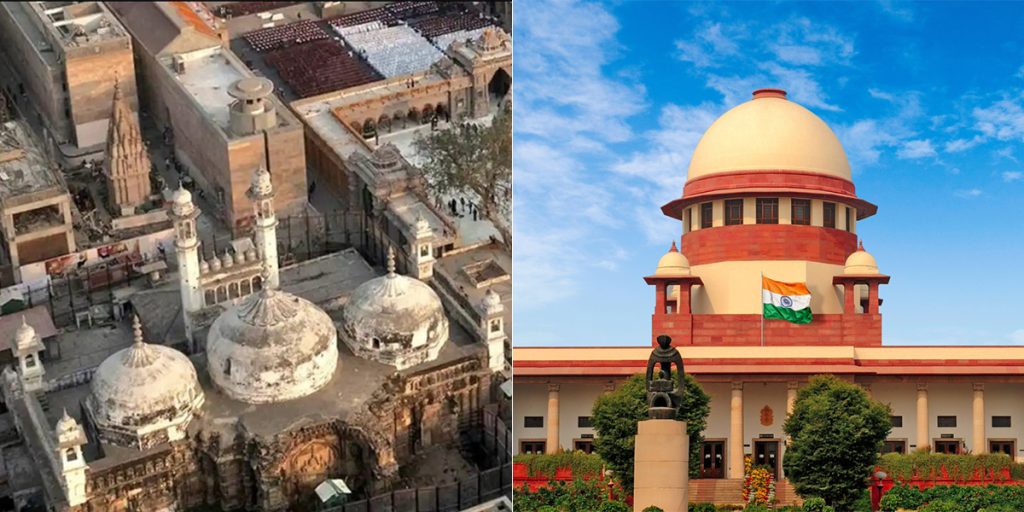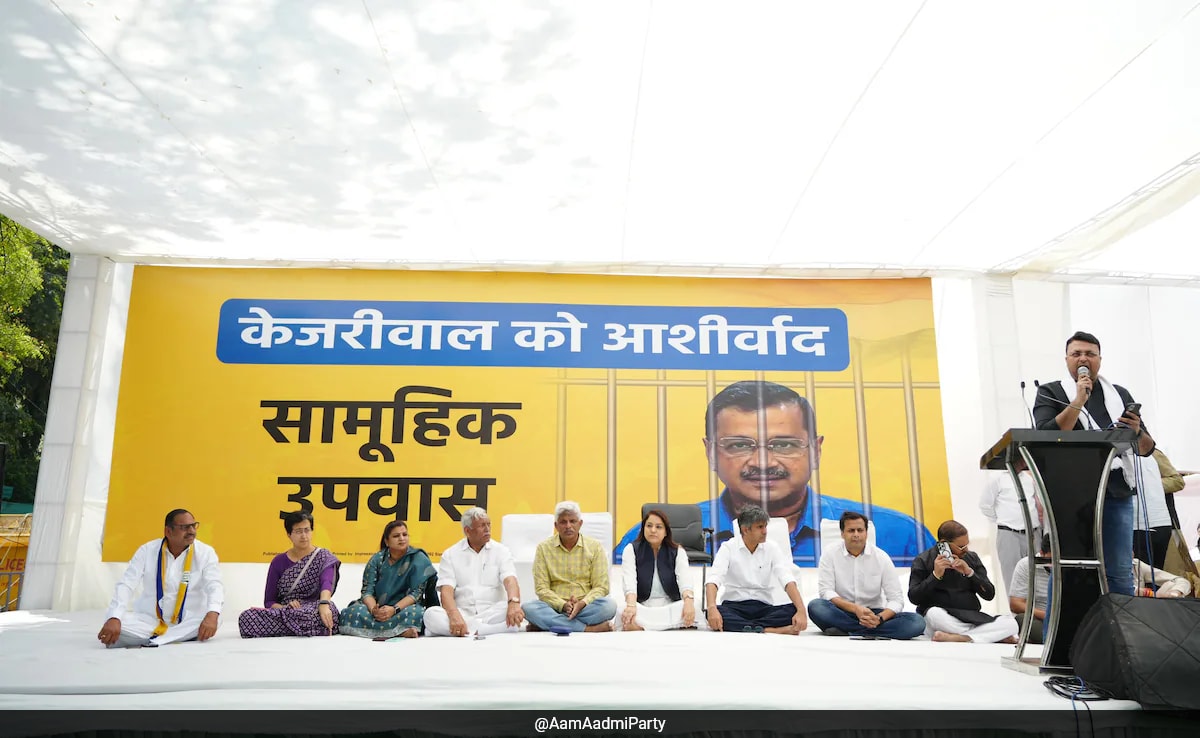In a significant ruling, the Supreme Court of India has decided not to intervene in the conduct of Hindu prayers in the cellar of the Gyanvapi mosque in Varanasi. The decision comes after the court noted that both Muslim and Hindu communities have been carrying out their religious observances without hindrance within the mosque premises
The Gyanvapi mosque, located near the Kashi Vishwanath temple, has been a subject of dispute between Hindu and Muslim groups for decades. Hindu groups have claimed that the mosque was built on the site of a Hindu temple destroyed by Mughal emperor Aurangzeb in the 17th century.
The court’s decision not to interfere in the religious practices at the mosque is seen as a significant step towards maintaining communal harmony in the region. The court emphasized the need for peaceful coexistence and respect for each other’s religious beliefs.
The ruling has been met with mixed reactions, with some praising the court’s stance on religious tolerance, while others expressing concern over the implications for religious sites across the country. However, the court’s decision is final and is expected to be respected by all parties involved.
The Supreme Court‘s ruling highlights the importance of respecting religious diversity and promoting harmony among different communities. It sets a positive example for resolving similar disputes in the future through peaceful means and dialogue.



